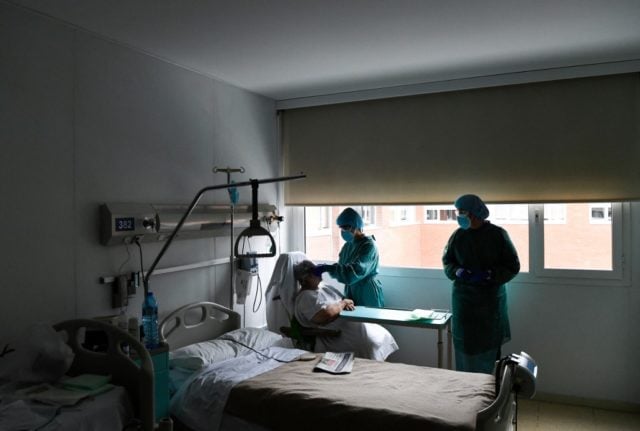Results from the latest round of a nationwide antibody study showed that around 4.7 million had been infected since the start of the pandemic, far higher than the 1.75 million officially confirmed cases.
The study found the prevalence of coronavirus had increased hugely during the second wave of infections in the summer and autumn.
“One in 10 people living in Spain would have been infected …, half during the first wave and the other half during this second epidemic wave,” said Raquel Yotti, director of Spain’s Carlos III Health Institute, which co-led the study.
The sero-prevalence study, presented late on Tuesday, is now in its fourth round. Its work involved carrying out rapid antibody tests on 51,409 people across the country between November 16th and 29th.
Prevalence in Madrid was the highest of all Spanish regions, with 18.6 percent of the population testing positive for COVID-19 antibodies.
A study carried out in early July showed that just 5.2 percent of Spain’s population had been exposed to Covid-19 in the first four months of the pandemic.
The study reveals just how far Spain is from achieving the 60 -78 percent exposure rate that a recent report published in The Lancet deemed required for “herd immunity”.
On Monday Spain’s Health MinisterSalvador Illa said the nation could expect to begin its vaccination programme by January 4 or 5 beginning with health care workers, the elderly and most vulnerable.
The minister predicted that by the end of the summer more than two thirds of the population of 47 million should be vaccinated thus achieving “herd immunity”.
READ MORE: Spain to start vaccination on Jan 5 and predicts herd immunity by summer



 Please whitelist us to continue reading.
Please whitelist us to continue reading.
Member comments